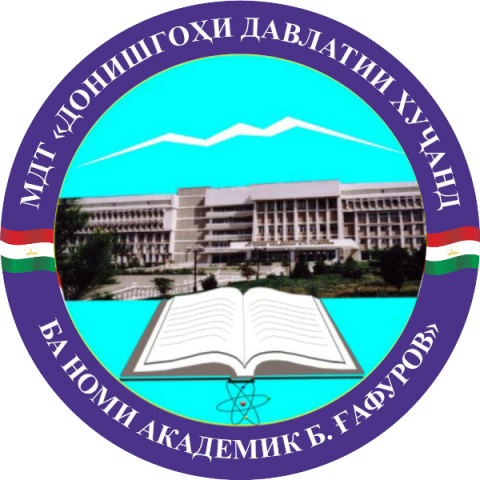2022
CORRECTIVE WAYS OF LACK OF PROGRESS IN JUNIOR SCHOOLCHILDREN WITH THE HELP OF GAME THERAPY
 
Authors: Hojibð░eva Ranokhon Muhsinovna, lecturer of the department of social and professional psychology attached at the faculty of psychology and pre-school education under the SEI ÔÇ£"KhSU named after B.Gafurov" (Khujand), E-mail: This email address is being protected from spambots. You need JavaScript enabled to view it..
JOURNAL NUMBER: 4(73). YEAR OF ISSUE: 2022.  LANGUAGE OF THE ARTICLE: Rossian
 
 ANNOTATION
The article under study dwells on one of the topical areas of education and training in institutions of general secondary education. In an article devoted to the problem of organizing educational work and ways and methods of activating student youth, he took on the main role. The article clearly explains the position of the primary school teacher on the development of the assimilation of knowledge by younger students and the prevention of their academic failure.Another issue that reveals the content of the article is the activity of a school psychologist; several methods of assistance through play therapy to overcome student failure are presented. Play therapy in the article is aimed at correcting aggressive behavior, a means of improving the emotional state after the separation of parents, students at risk of violence and abandonment, reducing fear, stress and anxiety in students with diseases, learning difficulties. Also in the article, the research process was continued through practical-experimental work, and in two groups, a diagnosis of learning lag and cognitive processes was carried out.Based on the foregoing, today we can say that methods, exercises and psychological games can contribute to the formation of cognitive processes, emotional-volitional states and personal and psychological characteristics of a person.
KEY WORDS
verbalization, play therapy, attitude, behavior disorder, therapy, psycho-correction, education, academic failure, correction, training, understanding, team, physical health, position, concentration, art therapy, emotional states, education, phobia, infantilism
 ðÉð¢ð│ð╗ð©ð╣Ðüð║ð©ð╣
ðÉð¢ð│ð╗ð©ð╣Ðüð║ð©ð╣
 ðóð¥ÊÀð©ð║Ëú
ðóð¥ÊÀð©ð║Ëú  ðáÐâÐüÐüð║ð©ð╣
ðáÐâÐüÐüð║ð©ð╣ 
